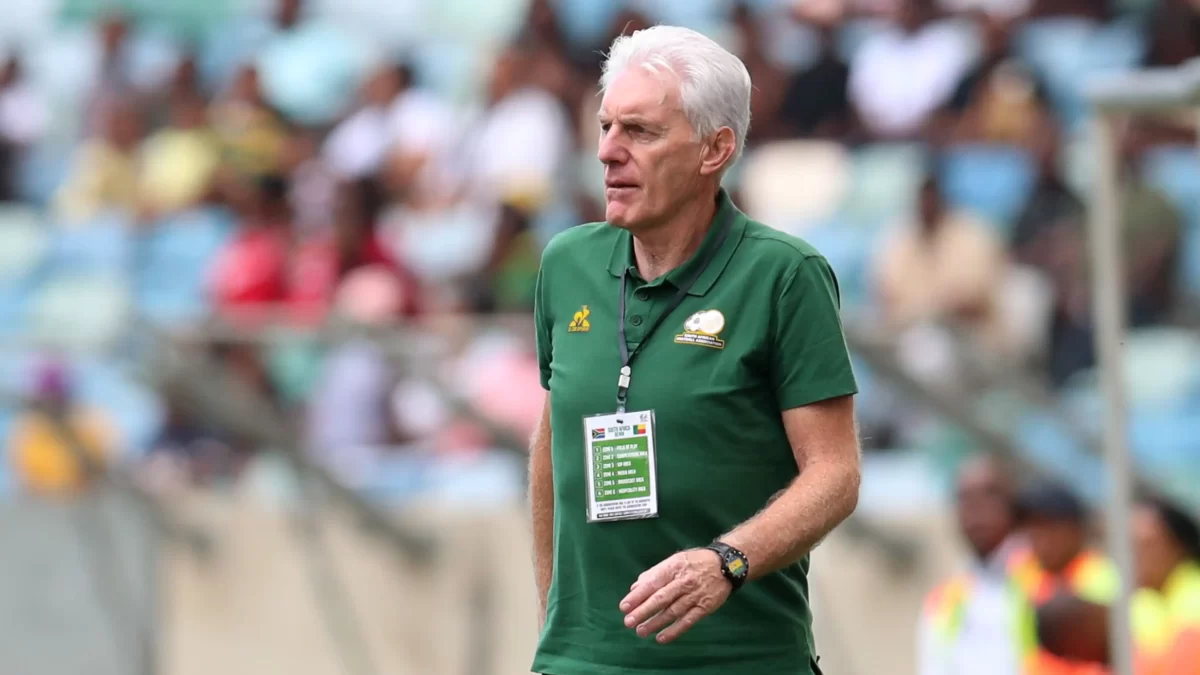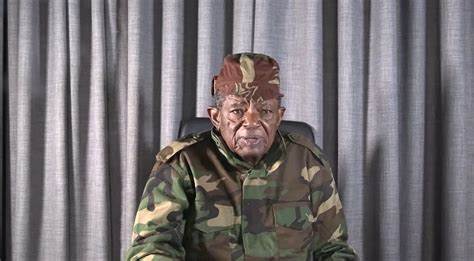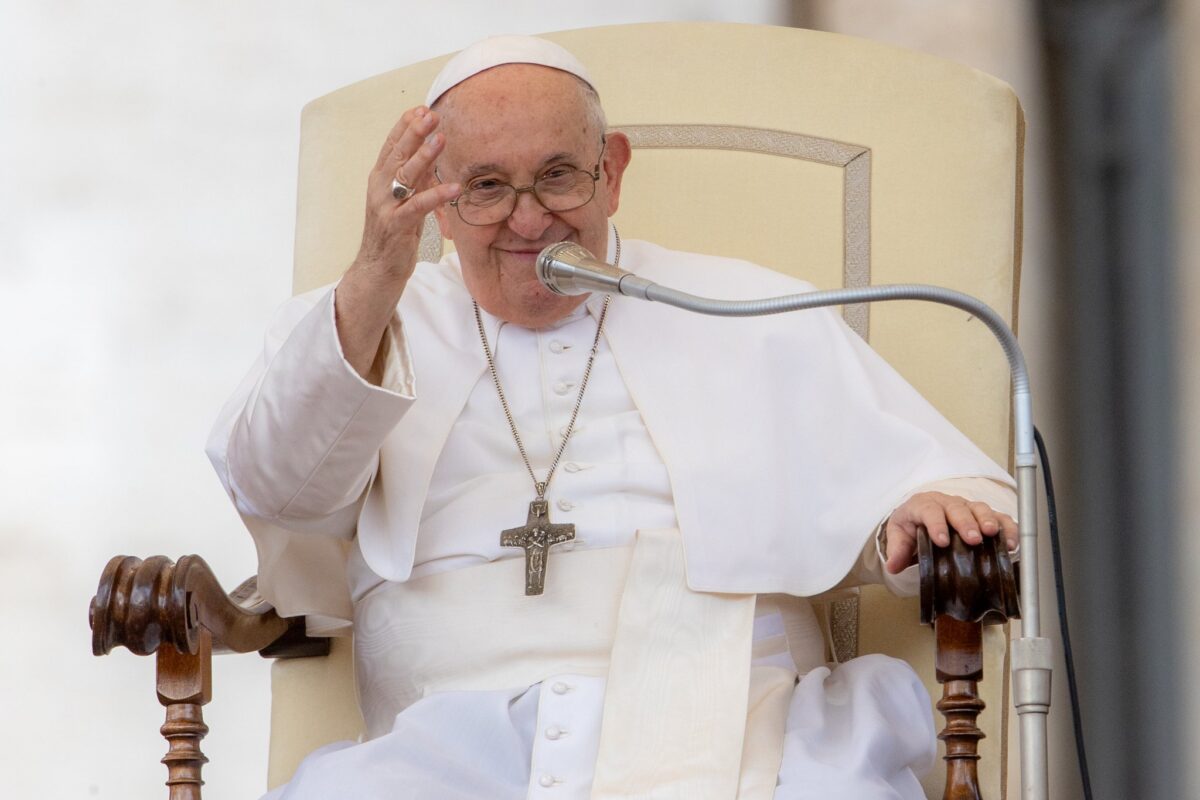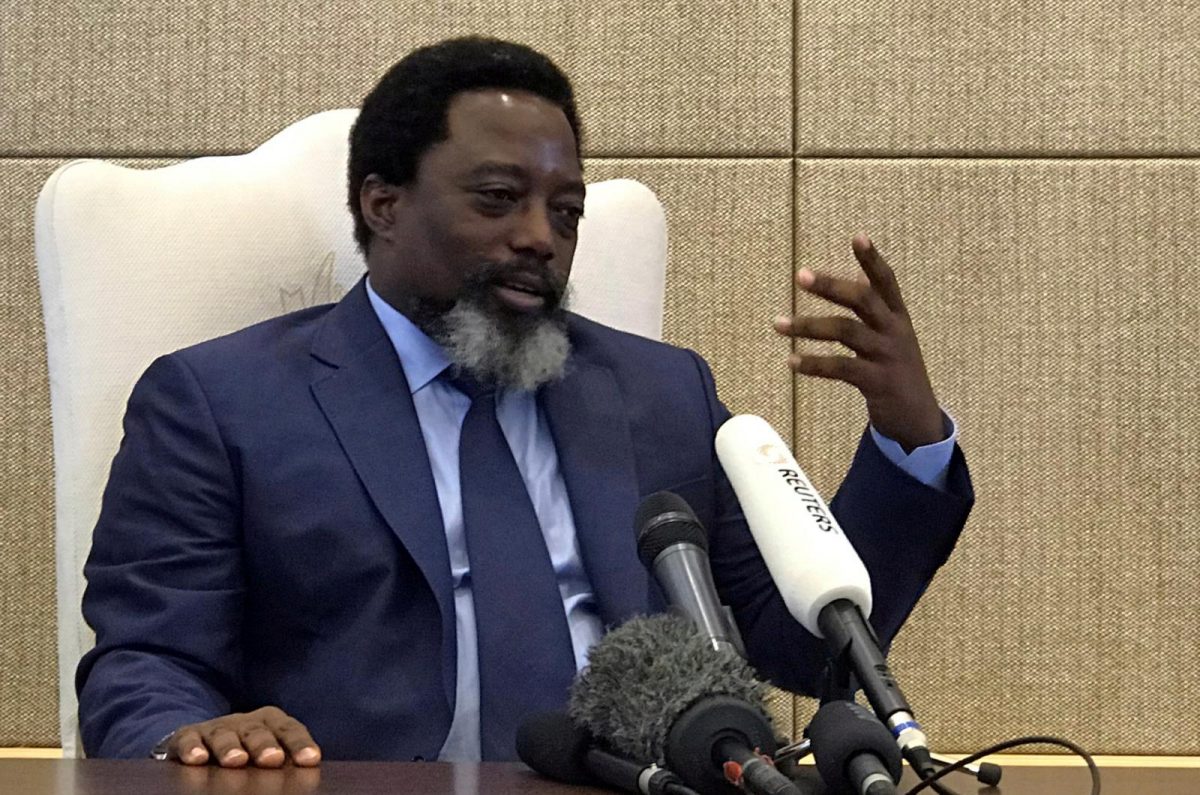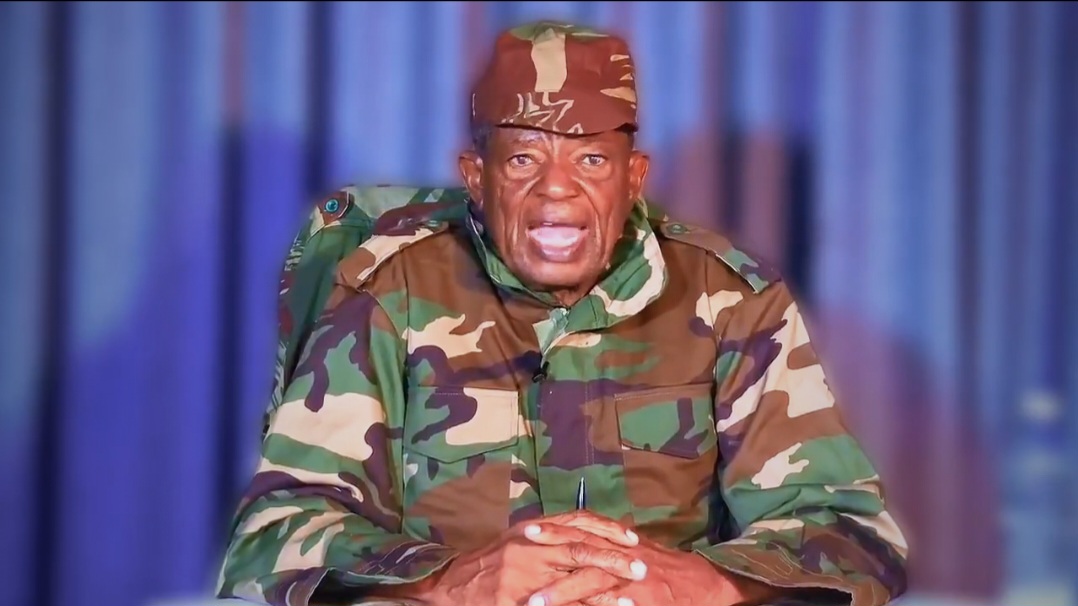JOHANNESBURG, South Africa – South Africa’s national football team coach Hugo Broos, has called for CAF to take action against the countries that are unable to host their home games in the World Cup qualifiers due to substandard stadiums.
He said that playing home games outside their own borders gives an unfair advantage to some teams and undermines the integrity of the competition.
Broos was speaking after Zimbabwe played its home match in Rwanda’s Huye Stadium in Butare, instead of Zimbabwe’s own venue.
Zimbabwe is one of the 17 nations that have been banned by CAF from playing home games in the ongoing 2026 FIFA World Cup qualifiers, along with Lesotho, who will be playing their home game against Benin at the Moses Mabhida Stadium in Durban on Tuesday (15:00).
Broos suggested that CAF should set a deadline for the countries to improve their stadiums, or else they should be excluded from the qualifiers for both the World Cup and the Africa Cup of Nations.
“This one thing I don’t understand in African football is that home games are not home games,” said Broos.
“I think Zimbabwe will play their home games in South Africa, so we have a little advantage for that game. So, what I saw in the past, for example, Liberia played their home game in Morocco, I’m very sorry but this is not correct. I think CAF must do something about this.
“I know it is not easy for those countries to have appropriate stadiums because it is something about money, but you can easily say, ‘in five years, if you don’t have a stadium, then you don’t play CAF games anymore, you don’t play AFCON qualifiers and that of the World Cup’.
“But if you say nothing and those things happen, then the competition is not 100% correct anymore. It is not up to us, but it is the guys up there who have decided this and I hope one day they will decide by putting a period to say, ‘Okay, if you have not decided on the stadium that you need to have, I’m very sorry, you had those three or four or five years, finished, no qualifiers anymore – no for World Cup or AFCON’. Maybe then, they will do something.”
He said that this would motivate the countries to invest in their infrastructure and ensure a level playing field for all teams.
Broos acknowledged that it was not easy for some countries to have appropriate stadiums due to financial constraints, but he said that it was not fair for the other teams that had to travel to different venues and play in unfamiliar conditions. He said that he hoped that CAF would decide to put an end to this situation and bring integrity to the competition.
Zimbabwe has been facing the problem of inadequate stadiums for a long time, and has failed to address it despite repeated warnings from CAF. Zimbabwe was first warned by CAF of an impending suspension in early 2020, after an inspection revealed that none of its stadiums met the minimum standards for hosting international matches.
Zimbabwe then applied some cosmetic changes to its stadiums, but did not make any significant improvements to satisfy CAF requirements.
The southern African nation has still not set a roadmap or shown any political will to address the problem, with the Sport ministry saying the mandate to fix stadiums to required standards lies with the “central government” and they are just custodians of the facilities.
According to previous tender bids, the National Sports Stadium, which is the largest and the most used stadium in the country, needs about US$3 million dollars to be upgraded to the required standards.
However, the government has not allocated the required funds for this purpose, and has instead blamed the economic crisis and the Covid-19 pandemic for the delay. As a result, Zimbabwe has been forced to play its home games away from home, losing the home advantage and the support of its fans. Kukurigo

